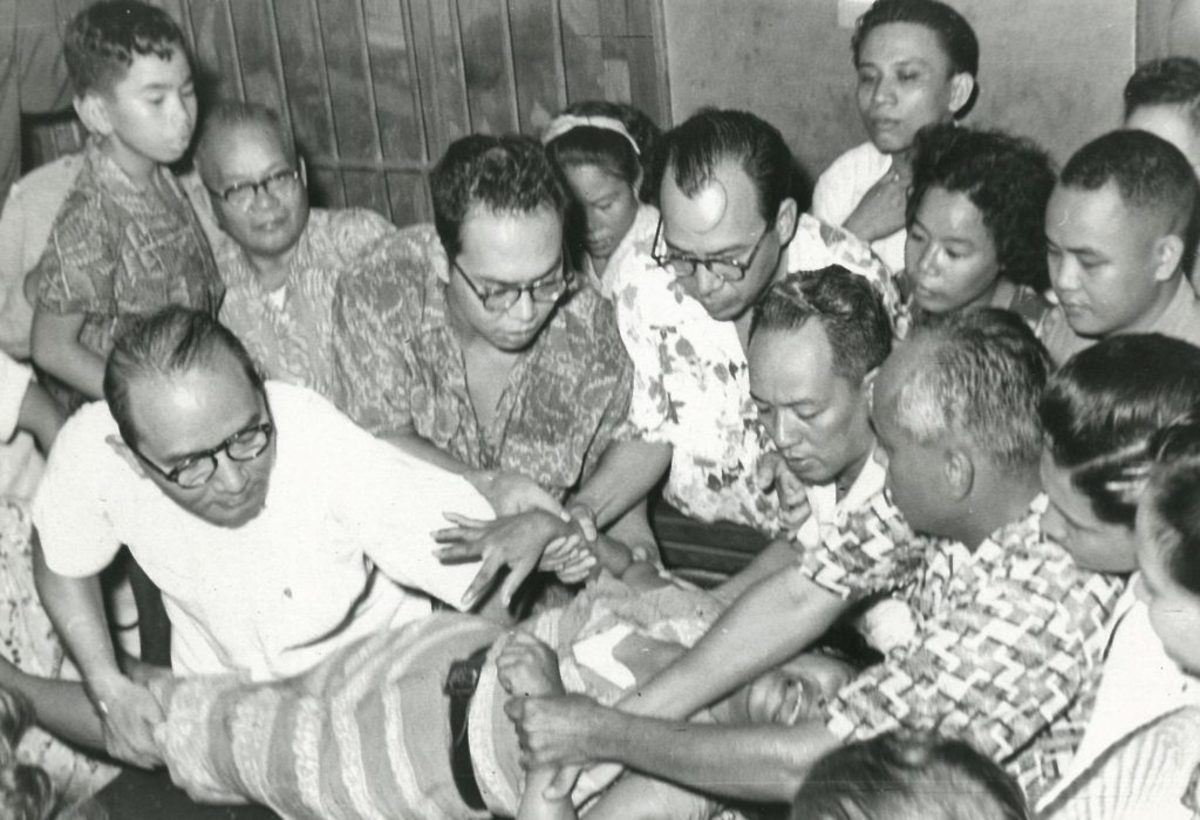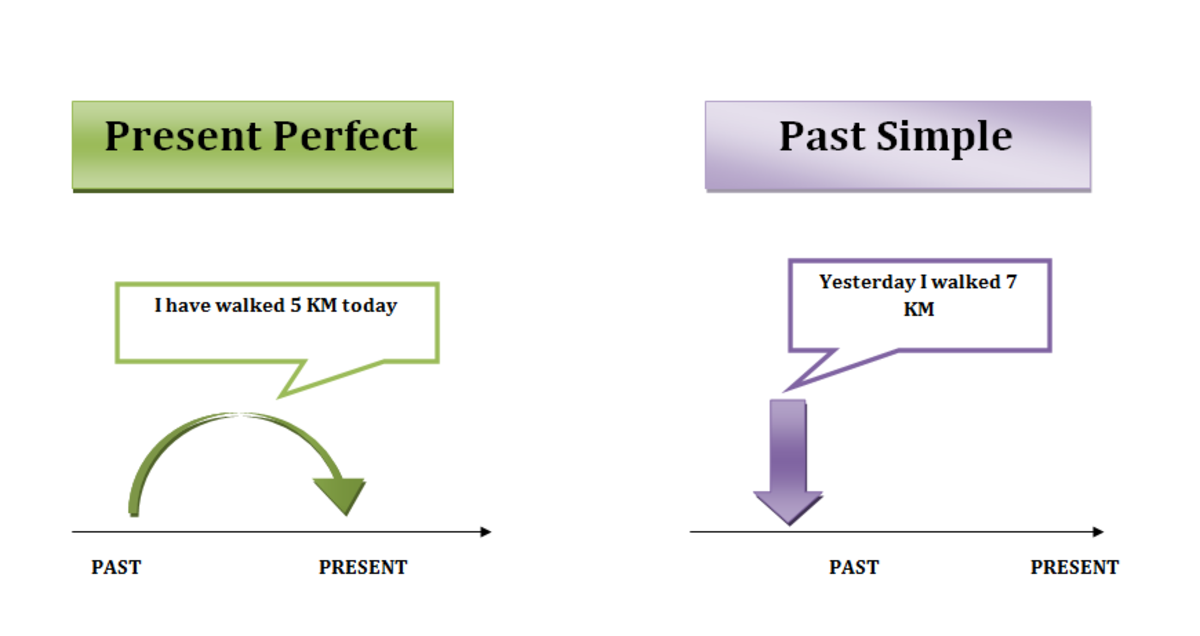Medical English Exercises - ESL
ESL Medical Lesson Plan

Medical English for Nurses
Speaking Exercise
Work in pairs (doctor and patient). Take a case history of your partner and then switch roles. Try to guess your patient's illness from listening to their symptoms.
Afterwards have the students create their own complaints and continue the role-play.
Student B
First Name: Elaine
Surname: Pepper
Sex: Female
Address: Drum Brae Drive, Edinburgh, EH21 UK
Phone number: 0121 414 7894
DOB: 08/12/1984
Marital Status: Single
Occupation: Accountant
Complaint:
Headache, sweating, high temperature, chills, exhaustion, nausea and vomiting. You also have back pain. The symptoms come and go and the intensity/length of time is unpredictable. Symptoms began about 2.5 weeks ago. You had been visiting India and think you may have caught something there.
(You are suffering from malaria; see if your partner can guess)
Student A
First Name: Benny
Surname: Sheerin
Sex: Male
Address: 204B University Road, Birmingham, B15 2TT.
Phone number: 0121 414 3972
DOB: 27/04/1978
Marital Status: Married
Occupation: University administrator
Complaint:
Intense pain in the toes, ankles and wrists. Occurs suddenly without warning in the middle of the night usually. Pain lasts 12 hours and then subsides. Lingering pain afterwards for 5 days. The affected areas are usually swollen and tender. Have had this for about 2 months.
(You are suffering from gout; see if your partner can guess)
Match the Sentence Halves - Medical English

Match the Sentences Halves 1-10 with a-j
- I’m going to pencil you in for an MRI
- I have a throbbing headache, muscle aches, fever and I wheeze when I breathe
- I have a flea bite
- We are always looking for Type O
- You will need to drink plenty of liquids and maybe some painkillers
- Since the patient is unable to chew tablets
- If you have persistent pain, take it seriously
- Mrs Gladstone is 87 years old and is quite forgetful
- Stress fractures require straightforward treatment
- Try to avoid using technical jargon as much as possible
a) to try to pass the stones.
b) as it might confuse or intimidate the patient.
c) it puts her at risk of polypharmacy.
d) it could mean you have an ulcer.
e) sounds like you have the flu.
f) because the bone is cracked rather than completely broken.
g) since it is compatible with everyone else’s.
h) don’t scratch it or it might become infected.
i) he ought to be given the medication sublingually.
j) this is a technique that uses the reflection of sound waves to give us an image of your body.
Answer the Questions - Medical English

Answer these Questions
- What is the name of a doctor who stands in for another doctor who is away on holidays?
- What is the difference between a sign and a symptom?
- Name some early signs of dementia?
- What should you do in response to needlestick injury?
- Name some of the precipitants of asthma?
- What’s the difference between sensory and motor nerves?
- Name some diagnostic tests?
- What is a hot flash?
- Why might you need an emergency c-section?
- What are the signs that someone is having a stroke?
Answers
Answers - Match the Sentences Halves
1-J, 2-E, 3-H, 4-G, 5-A, 6-I, 7-D, 8-C, 9-F, 10-B.
Answers - Questions
- A locum
- A sign is something that can be seen by the healthcare worker, doctor or patient. A symptom is something that is felt and described by the patient. For example, a patient can feel pain (symptom), but a doctor can identify a broken finger (sign).
- Impairment in communicating, thinking, reasoning and memory. Apathy, mood changes and confusion are also common.
- Encourage bleeding at the site of contact. Take post-exposure prophylactics. Get tested immediately for HIV/Hepatitis. Discover if patient has HIV, Hep B and C (consent may be required). Report the incident to your supervisor.
- Having bronchiolitis as a child; being born prematurely or with a low birth weight; mother smoking during pregnancy; being exposed to cigarette smoke as a child or having a family history of asthma.
- Motor nerves send messages to the brain to control movement of the body and sensory neurons react to stimuli from the senses such as sight, smell, hearing, touch and taste.
- Biopsy, CT scans, Colonoscopy, Mammography, MRI, Paternity tests, Radiography, Sonograms...etc.
- A feeling of heat in the face and neck that comes about suddenly. Common amongst menopausal women.
- Birth defects; multiple births; uterine rupture; breech position; cord prolapse; foetal distress; failure to progress in labour; repeat caesarean; cephalopelvic disproportion; severe preeclampsia...etc.
- Their face droops or becomes numb; one arm becomes weak and numb; their speech is slurred and difficult to understand.
Other Medical English Activities
© 2013 Muttface










